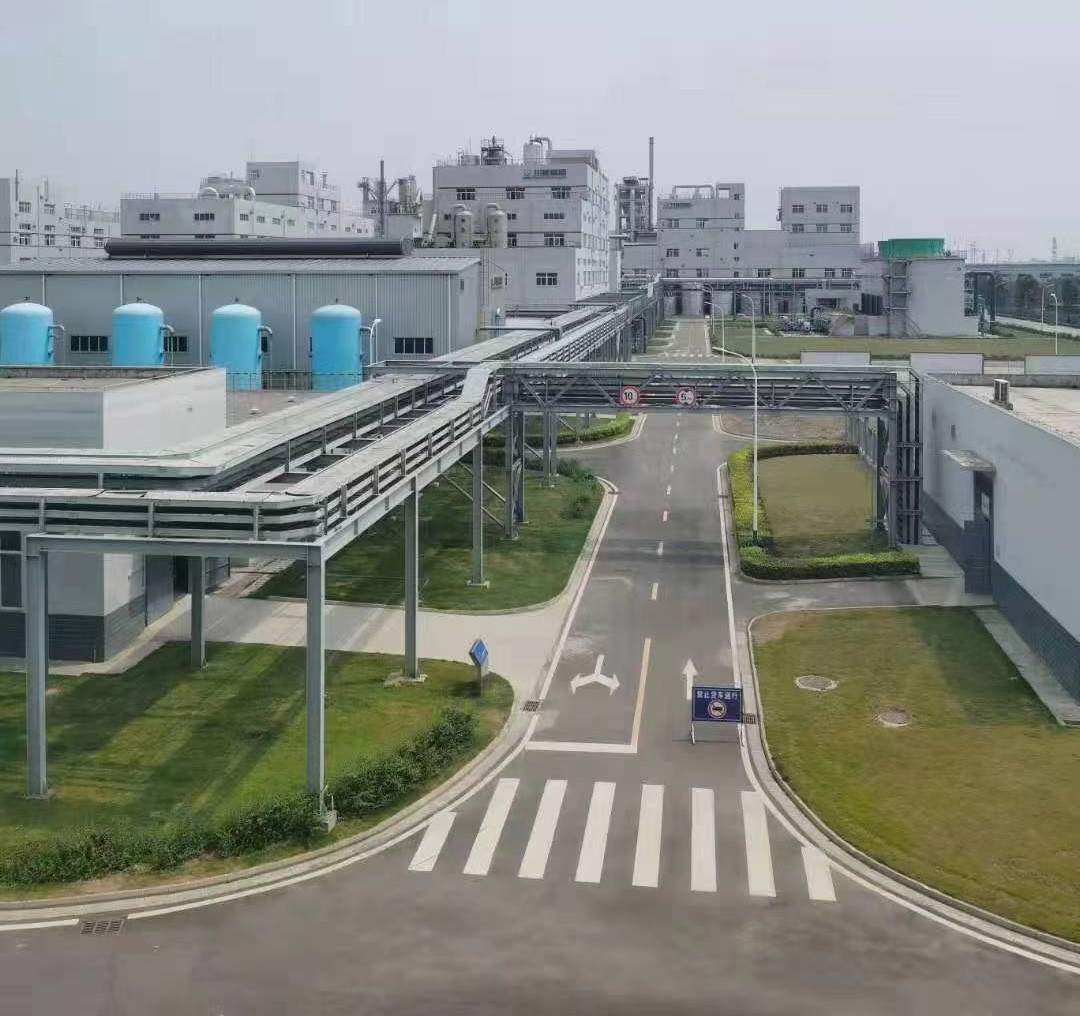The home of lithium batteries: recycling and utilization go hand in hand
Dec,15,23
On September 11, battery materials producer BASF announced that it will partner with graphene technology developer Nanotech Energy to produce lithium-ion batteries made with recycled materials for North American customers.
The two companies will also work with American Battery Technology Corporation (ABTC) and Canada's TODA Advanced Materials to create a localized battery value chain for the North American consumer electronics and automotive industries. This is the first time in the United States to create a closed-loop system of lithium-ion pure-play automotive battery cells with a high "U.S. content".
In this closed-loop system, ABTC will be responsible for recycling battery scrap and off-specification materials such as nickel, cobalt, manganese and lithium collected by Nanotech Energy. The recycled metals are then converted into electrochemically active materials through a two-step process: precursor production and cathode active material production.TODA utilizes these materials to make the battery precursor, which BASF then converts into cathode active materials. In this process, the battery precursor is the last step in the process before it becomes the cathode, or the raw material from which the cathode is formed. The cathode material is the key raw material that drives the performance of the battery. Finally, Nanotech Energy will utilize these materials to manufacture lithium-ion cells.
As we enter the new energy era, the most common applications for lithium batteries are in cell phones, tablets, laptops, power tools and other technology products, with the largest lithium battery application being in electric vehicles. However, lithium batteries also contain a large number of hazardous substances, if recycling is not handled properly, it will have a huge impact on the environment around human life. Therefore, lithium batteries need to be more efficient and environmentally friendly recycling methods, which is the key to achieving sustainable development of the new energy industry.
It is also urgent for China to improve the recycling technology of used batteries. At present, China has only proposed the direct recycling method of used batteries and the closed-loop recycling process, but it is still in the stage of using the fire method and the wet method, which not only consume high energy and have high emissions, but also produce a large amount of acid-ammonia-alkali containing wastewater, and the application of the recycled products is also limited.
This time, BASF and several other companies create a closed-loop system for battery recycling, which is not only an important milestone for the progress and development of the lithium battery market, but also a reference for the development of China's new energy industry.






